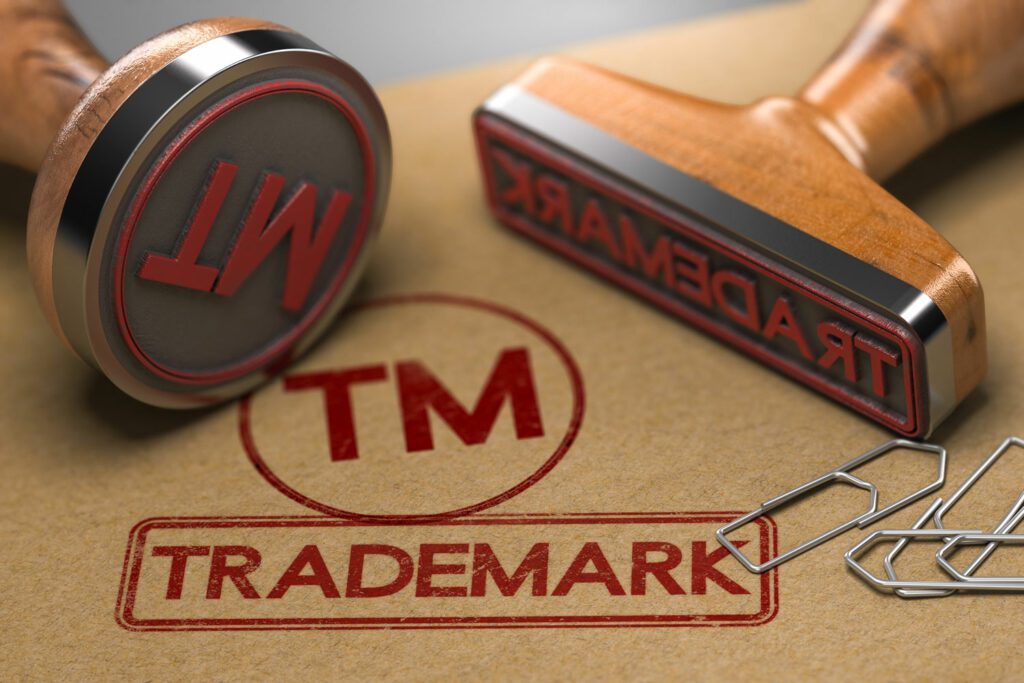
2ONE Labs and Performance Plus Marketing have filed both a trademark infringement lawsuit and a preliminary injunction against Imperial Brand subsidiaries Zone nicotine pouch trademark.
The suit alleges that Imperial’s Zone products willfully infringe the 2ONE nicotine pouch brand. In addition to seeking an award for damages, 2ONE is also seeking cancellation of Imperial’s Zone mark.
According to the plaintiffs, the 2ONE brand has been continuously marketed and sold to adult consumers through thousands of U.S. convenience chain and independent grocery and smoke shop stores for the last five years.
The suit alleges Imperial Brands made false statements by claiming a significantly earlier use of their mark in commerce than had occurred. The suit further alleges the false statements allowed Zone to be granted a fraudulent mark.
“We have experienced numerous instances of consumer confusion since Imperial launched its Zone brand in 2024 and we intend to vigorously fight this type of blatant infringement, no matter how big the corporate bully,” said 2ONE Labs founder and partner Vincent Schuman in a statement.
The case is before the U.S. District Court for the Central District of California.

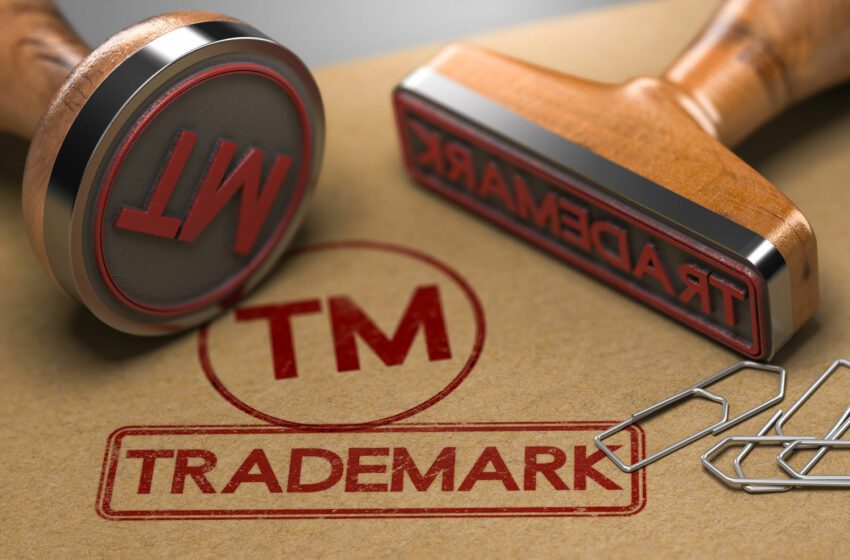


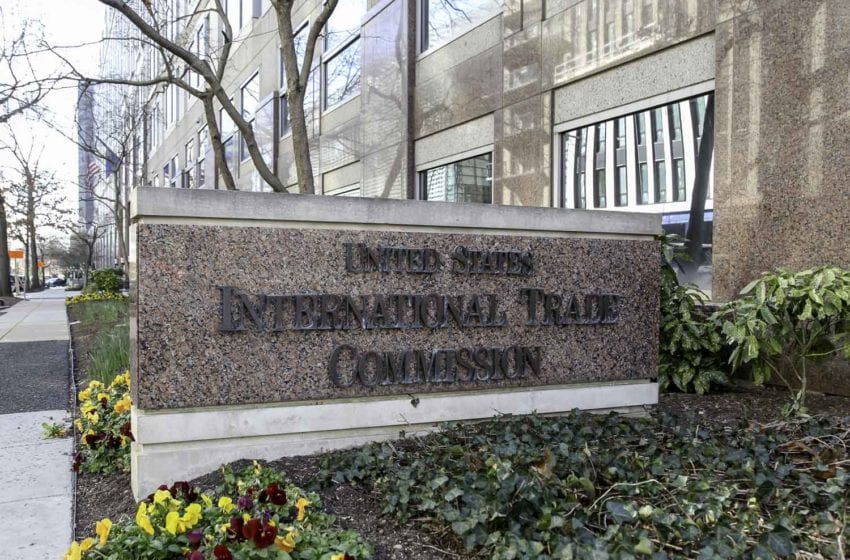
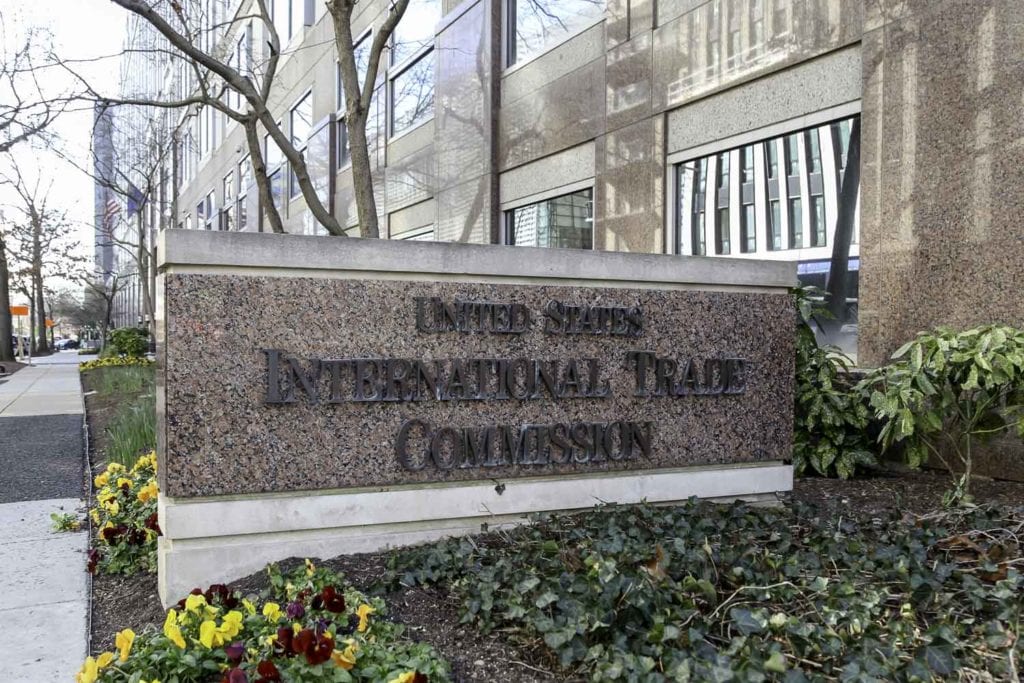








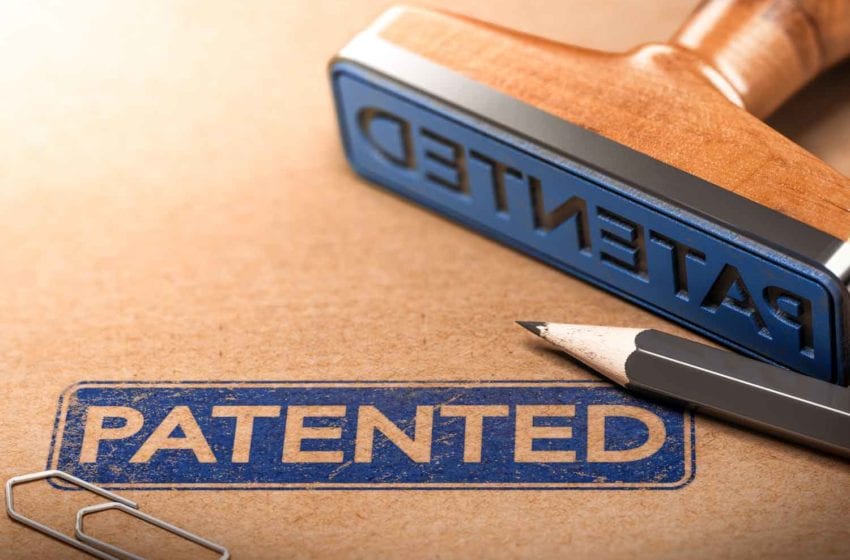
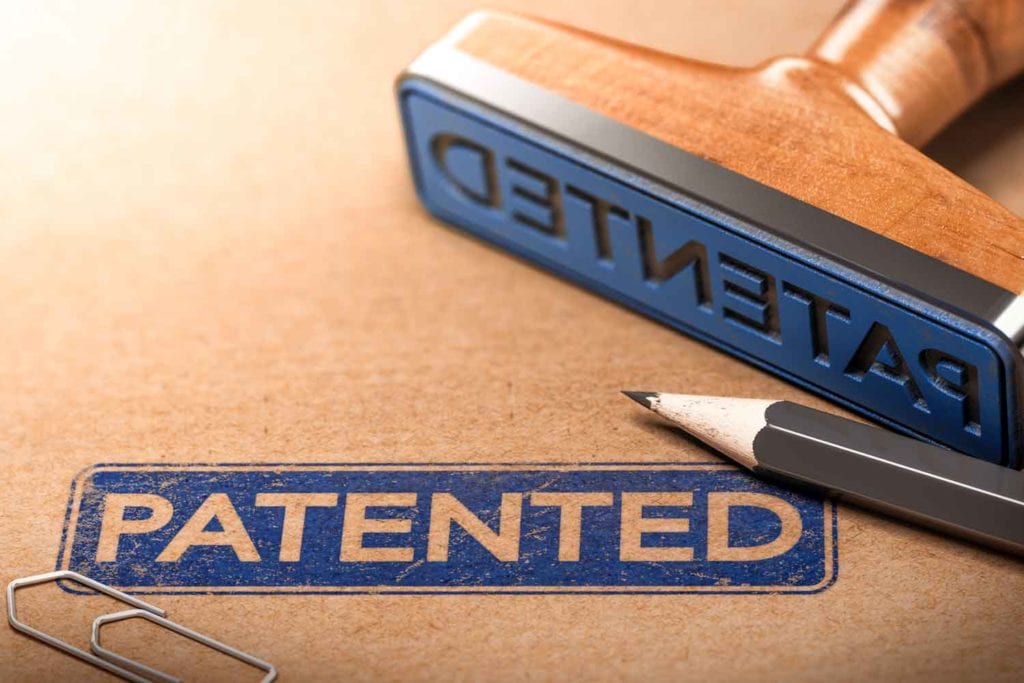
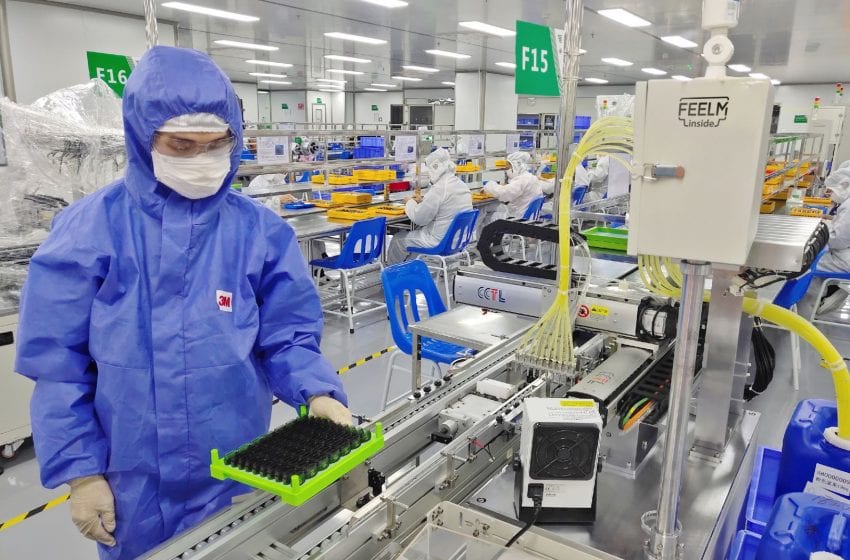
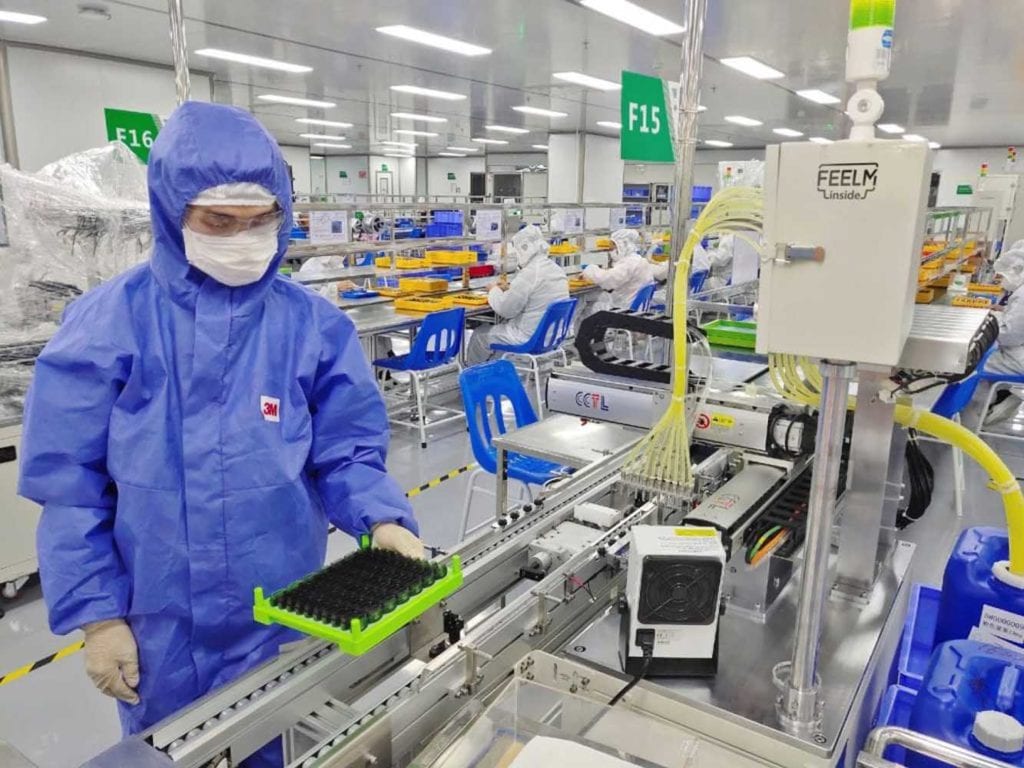
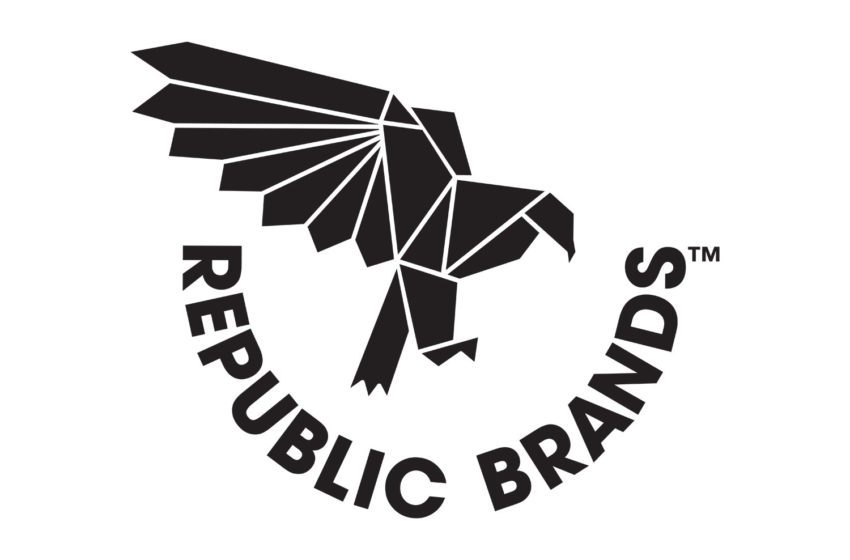
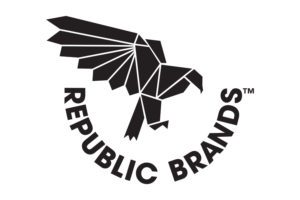 The U.S. Court of Appeals for the Eleventh Circuit on Aug. 22 upheld a multimillion dollar verdict against Diamond Wholesale and its owner, Raj Solomon, for infringing trademarks owned by Top Tobacco, Republic Technologies and Republic Tobacco, reports
The U.S. Court of Appeals for the Eleventh Circuit on Aug. 22 upheld a multimillion dollar verdict against Diamond Wholesale and its owner, Raj Solomon, for infringing trademarks owned by Top Tobacco, Republic Technologies and Republic Tobacco, reports